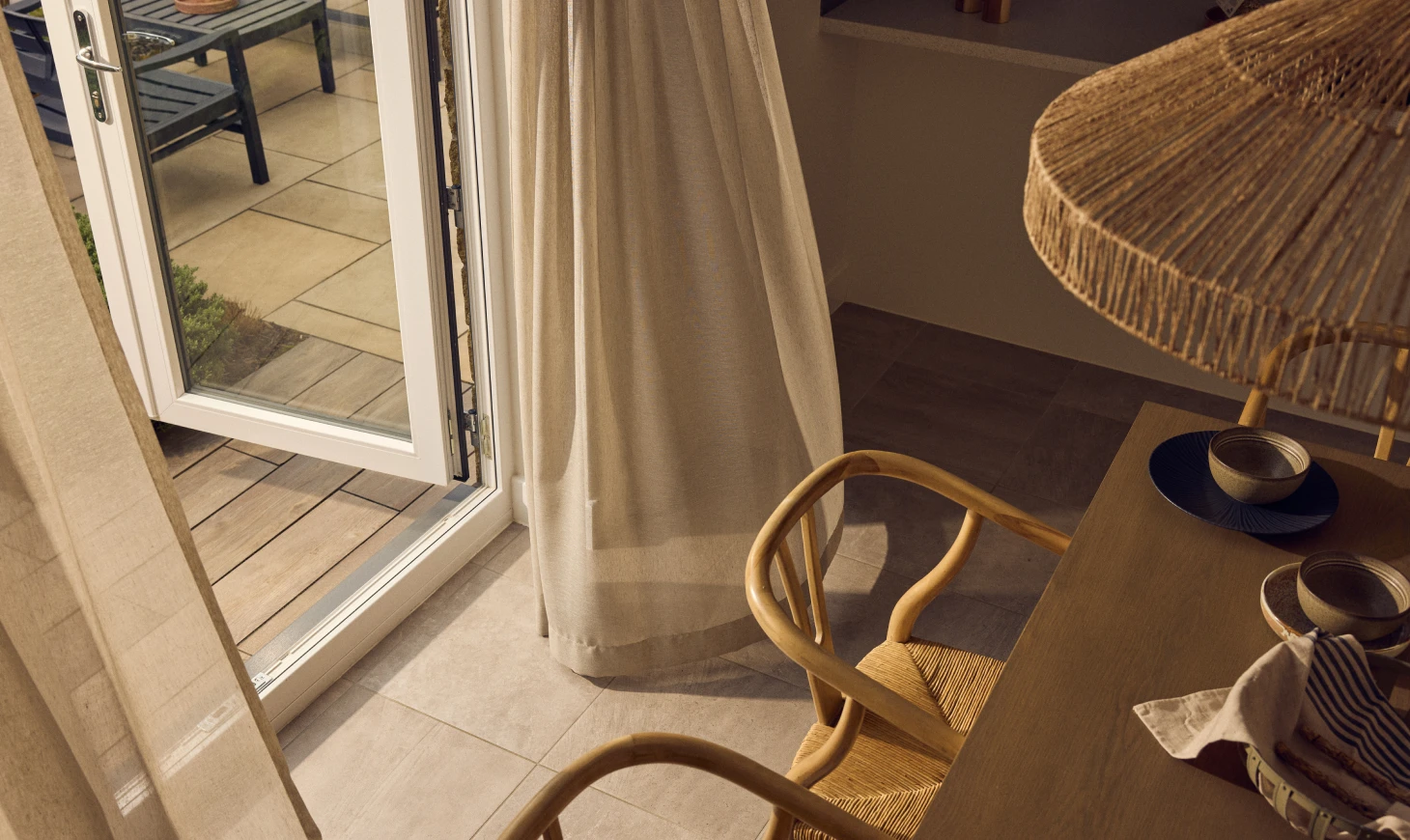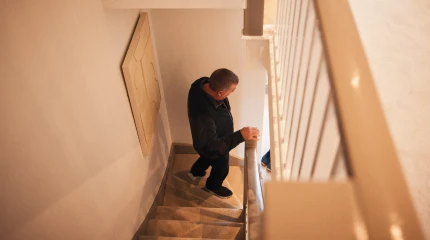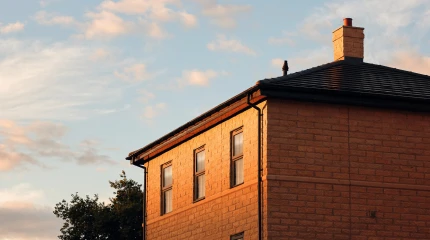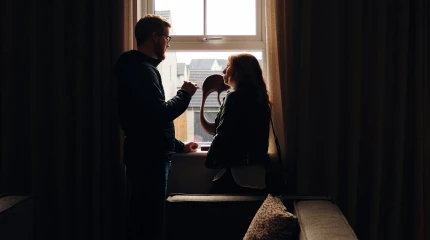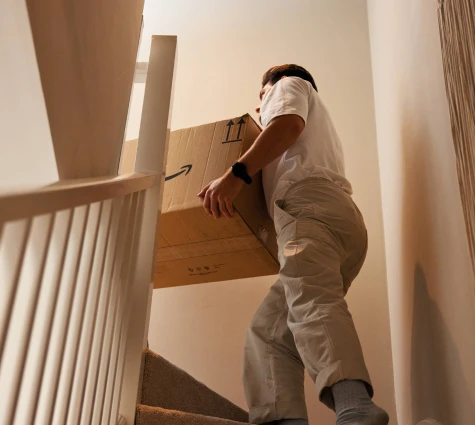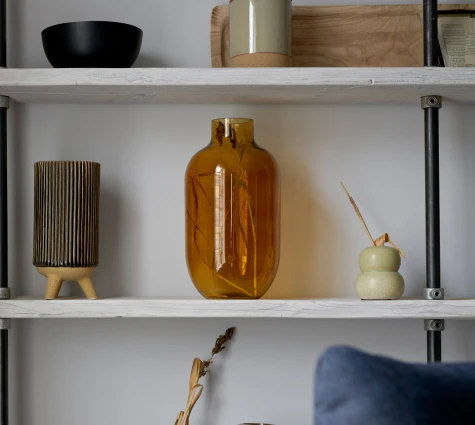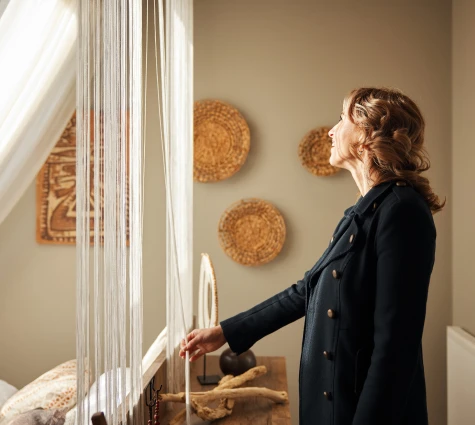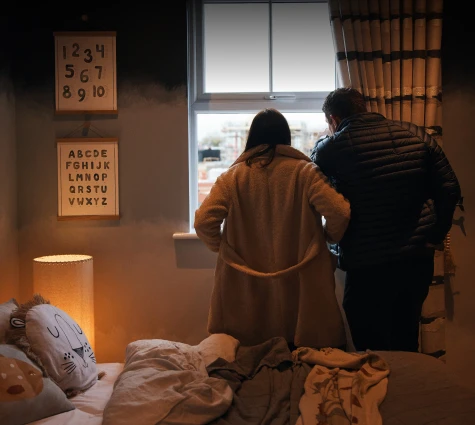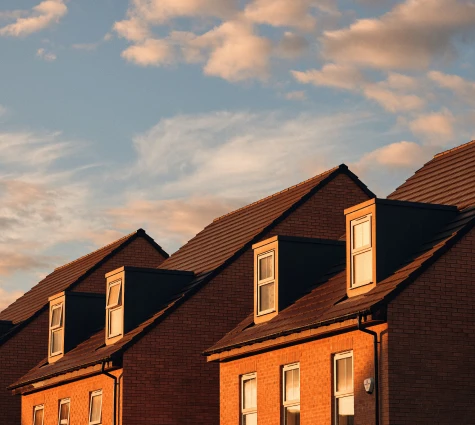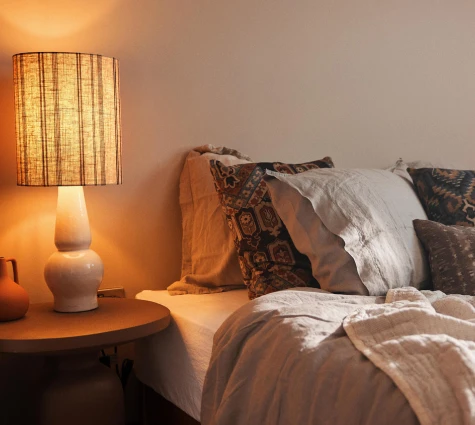What is a low deposit mortgage?
A low-deposit mortgage is exactly as it sounds – it’s a mortgage that requires a much lower deposit than usual for your lender to offer you a deal.
For example, a typical mortgage offer might require you to put down a minimum deposit that is equivalent to 15%-20% of your purchase property’s value. However, with a low deposit mortgage, this could be as little as 5%!
This allows you to buy property with a much lower deposit overall and means you could very well buy your first property sooner than expected.
Who is eligible for a low-deposit mortgage?
In the vast majority of cases, the only people who are eligible for a small deposit mortgage are first-time buyers, though current homeowners may be able to qualify for such a mortgage under certain circumstances.
This is because first-time buyers often have a much harder time securing the necessary deposit needed to purchase a home, particularly if they have been renting for a long period of time.
Current homeowners, on the other hand, typically have a sizable equity in their property (how much of their home they own compared to their remaining mortgage repayments), which is often large enough for them to put down the required deposit for their new purchase – but this is not always the case.


